
Inclusion
Our highest institutional priority is to prepare promising students of all races, religions, and backgrounds to become the leaders and innovators of the future.
As engines of knowledge and new ideas, universities have the unique potential to define the future rather than be defined by it; to pioneer change rather than merely manage it. To do so requires a plan both visionary and pragmatic. The Penn Compact 2022 motivates community members to innovate, be radically inclusive, and positively impact their local, national, and global communities.

Our highest institutional priority is to prepare promising students of all races, religions, and backgrounds to become the leaders and innovators of the future.
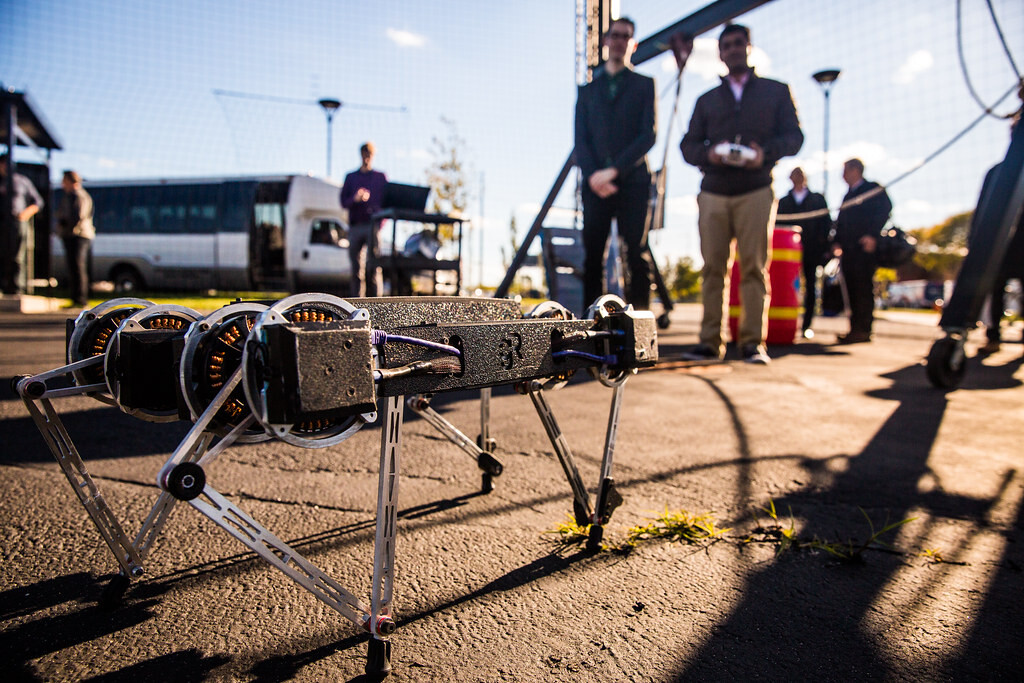
The drive to innovate compels our students and faculty to work across Penn’s myriad disciplines to create previously unimagined solutions to today’s—and tomorrow’s—most complex problems.
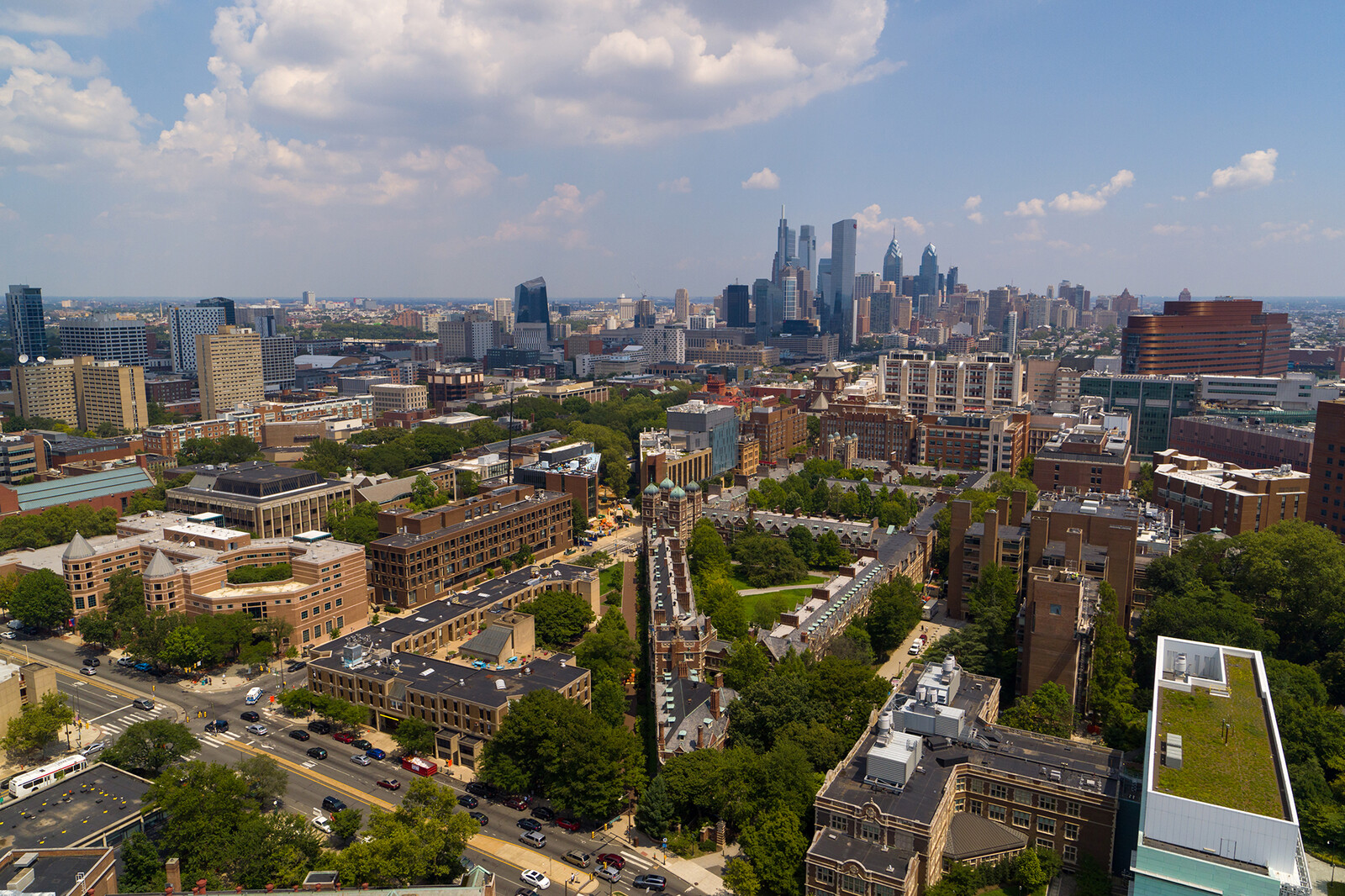
Effecting potent positive impact in our neighborhoods, nation, and world are the bricks on which democracy and global citizenship are built, and are the cornerstones of a Penn education.

At Penn, all undergraduate financial aid is awarded on the basis of financial need. Penn does not offer aid based on academic or athletic merit. Penn covers demonstrated financial need with financial aid packages that consist entirely of grant funding and work study, assisting families across a wide range of the economic spectrum. This makes it possible for students from a variety of backgrounds to afford a Penn education.
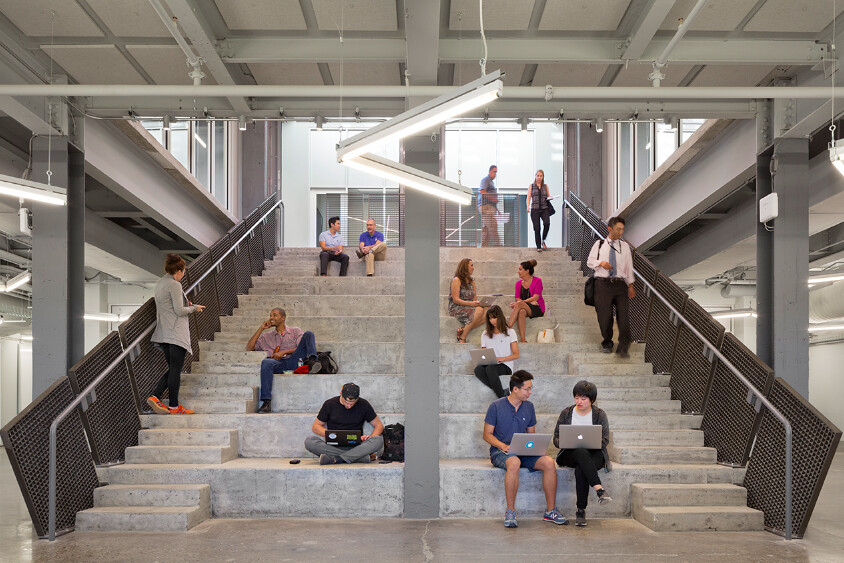
The Pennovation Works is anchored by the Pennovation Center, a business incubator and laboratory that aligns and integrates researchers, innovators, and entrepreneurs for the commercialization of research discoveries. Intended to marry entrepreneurs with an expert workforce and scientifically advanced facilities, key features of the Pennovation Center are the common creative spaces, including coworking areas, a cafe, and a venue for events and programs.
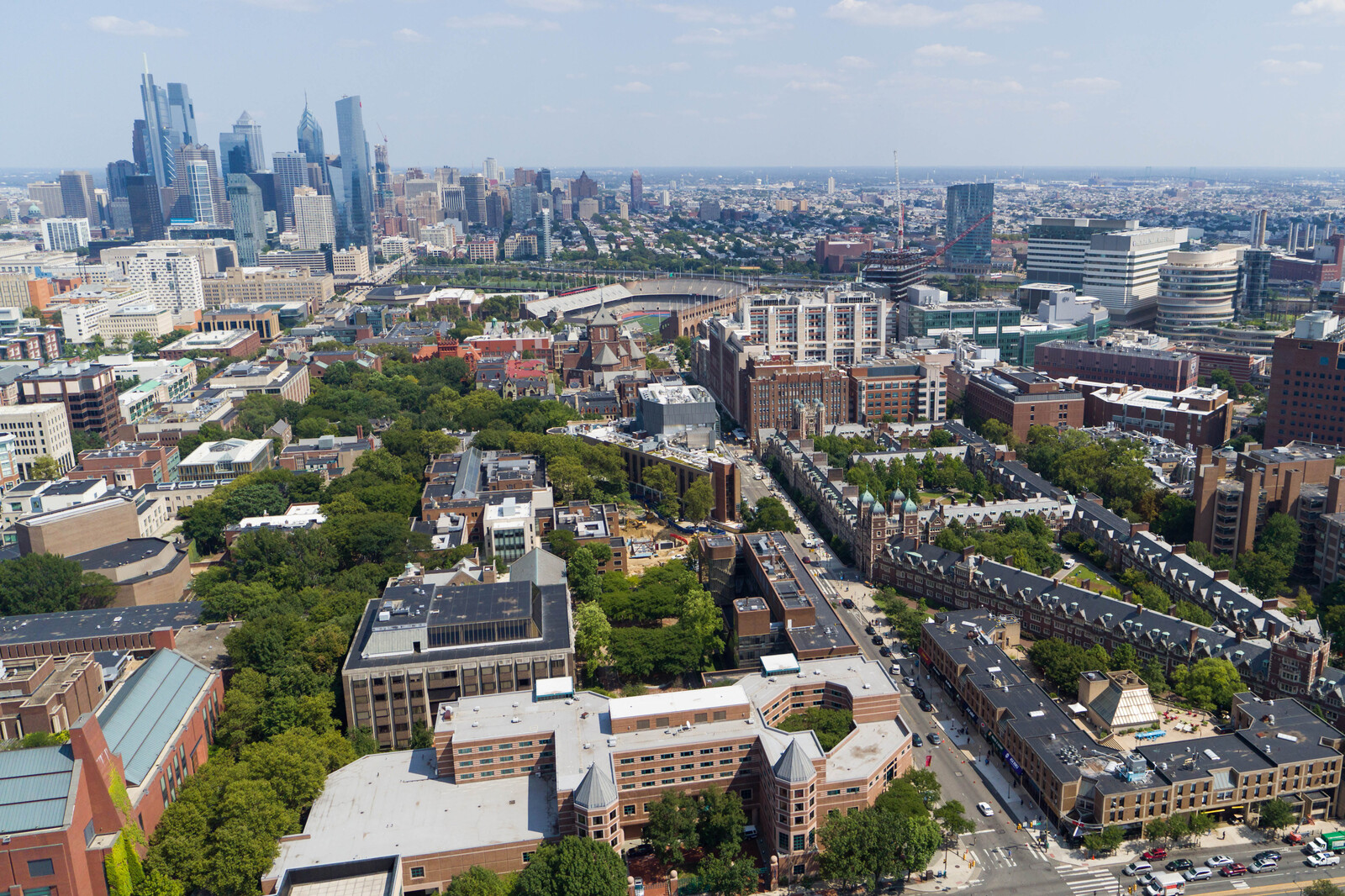
Penn Connects 3.0 is the University’s master plan to create an innovative and beautiful urban campus with vibrant living and learning spaces that make a positive impact on the local community. Building on Dr. Gutmann’s original campus plan, which added 5 million square feet of new and renovated space and increased open space by 25 percent, Penn Connects 3.0 reinforces the University’s sustainability objectives as outlined in its Climate and Sustainability Action Plan 3.0.
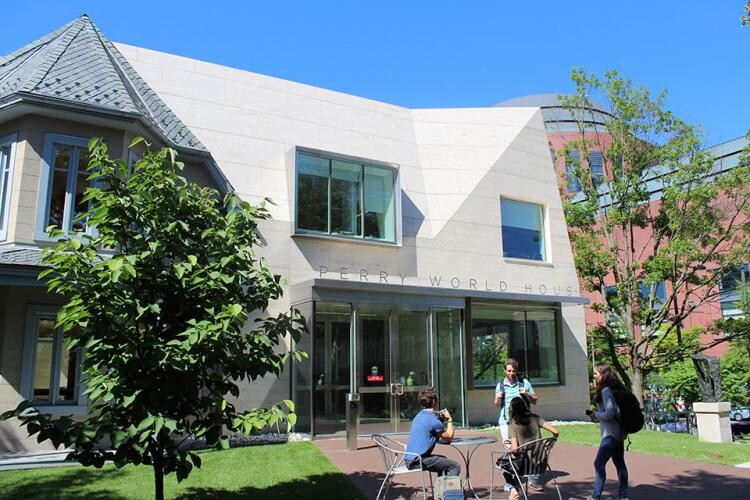
As a leading global university, Penn encourages its faculty and students to both go out into the world and welcome the world to them. The University has invested in state-of-the-art facilities to advance this engagement, including the Penn Wharton China Center, located in Beijing, the Penn Biden Center for Diplomacy & Global Engagement in Washington, D.C., and Perry World House, a global policy research center at the heart of Penn’s campus.